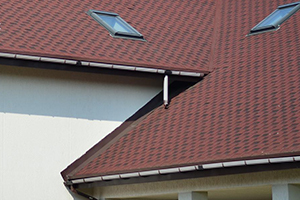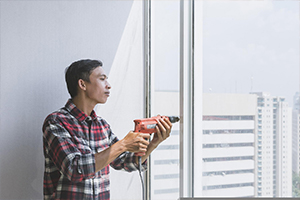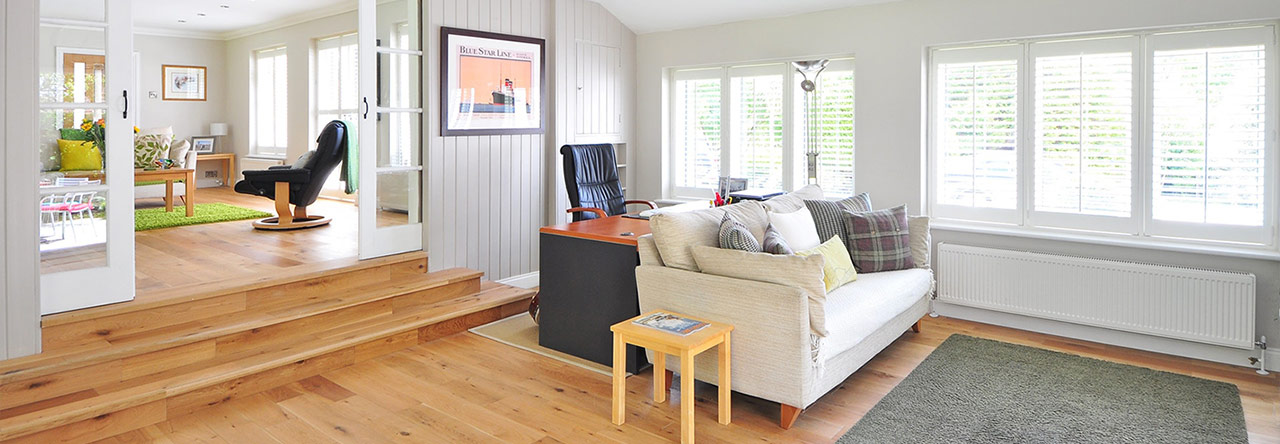
Avoid being left with excessive repair costs after purchasing a new property, or not knowing what happens during a home inspection. Understanding the purpose of a home inspection will help you follow it along and fully understand the resulting report.
domestic-construction.com gathered the following information about home inspections, why they are so crucial, and what to expect from them.
What is a Home Inspection?
A home inspection is a limited, non-invasive, but thorough examination of a home’s condition. Such an inspection typically occurs in connection with the sale of the house or after a renovation. Home inspections are generally conducted by a trained, certified, and often licensed home inspector.
What do Home Inspectors Look for?

According to the American Society of Home Inspectors (ASHI), here’s a list of what a certified home inspector will examine:
- Heating system
- Central air conditioning system (temperature permitting)
- Interior plumbing and electrical systems
- Walls
- Ceilings
- Floors
- Roof and rain gutters
- Attic, including visible insulation
- Windows and doors
- Foundation
- Basement
- Structural components
Note: There may be some exceptions to a home inspection. If the home has inaccessible areas or displays unsafe conditions, the inspector will document and explain the situation, noting that they were unable to assess that specific area, item, or system.
How Much do Home Inspections Cost?
When purchasing a home, the last thing you want is another expense. However, this expense can save you a lot of money and may dissuade you from purchasing the home.
Professional home inspections typically start at $400 from a reputable company (average 2,000-square-foot home). The price can easily increase to $500 or $600 (or more) if you have a larger home or will require additional inspections like structural water damage, mold, or termite, which are not commonly included.
Note: Who pays for the inspection is an item for negotiation. Usually, the buyer will foot the bill for a professional home inspection. However, some buyers will insist that the seller pays for it upon making an offer.
How Long do Home Inspections Last?
Multiple factors can influence a home inspection’s duration, including its size, age, and general property condition. Typically, a home inspection will take between 2 and 4 hours. Smaller homes may take less time to complete, and older or larger homes may take longer.
The home inspection is relatively fast in comparison to the emission of the resulting report. This is why it is highly recommended to schedule an appointment with a home inspector soon after signing a purchase contract so you’ll receive the report before expiring the termination option period.
Should a Homebuyer be Present During an Inspection?
It is not required for the homebuyer to be present for a home inspection. However, it is highly recommended that the homebuyer attend the inspection so they can absorb the most information and value from it.
This allows homebuyers to observe the inspector in action and ask real-time questions throughout the process. Homebuyers, in general, find that talking with their inspector gives them a better understanding of the home’s condition.
What Fixes are Mandatory after a Home Inspection?

None. Legally, there are no mandatory repairs after a home inspection. That doesn’t mean that sellers can simply dismiss a home inspection or refuse to pay for requested repairs and damages and still expect the home’s sale to proceed.
In short, a home inspection allows a homeowner to polish their presentation and gives a potential buyer the opportunity to make an informed decision on whether or not to proceed with the purchase.
Tip: After the home inspection is complete, work with your real estate agent to understand what items you could assume responsibility for and on what items you will want the homeowner to correct.
Can a Home Fail an Inspection?
No. However, it may dissuade a potential buyer from committing to its purchase. A home inspection is a professional examination and objective assessment of a house’s current condition.
A home inspector is not charged with giving the house a pass or fail grade. They will, however, detail its overall physical condition and point out what components and systems may require immediate or impending repair or replacement.
Note: A home inspection is not an appraisal and will not determine the home’s market value. It is also not to be confused with a municipal inspection and does not verify any local code violations or compliances.
Home Inspection
In this article, you discovered essential information about home inspections, how much they cost, what they look for, and how they can influence the purchase of a home.
Knowing how home inspections are conducted and what they look for will help you come to educated decisions on whether or not to purchase a home.
Ignoring the findings of a home inspection may result in your purchasing a home with costly and severe system or structural issues.
Sources:
homeinspector.org
consumerfinance.gov/owning-a-home/close/schedule-home-inspection/
hud.gov/sites/documents/92564-CN.PDF
ncrec.gov/Brochures/Print/HomeInspectionsPrint.pdf
